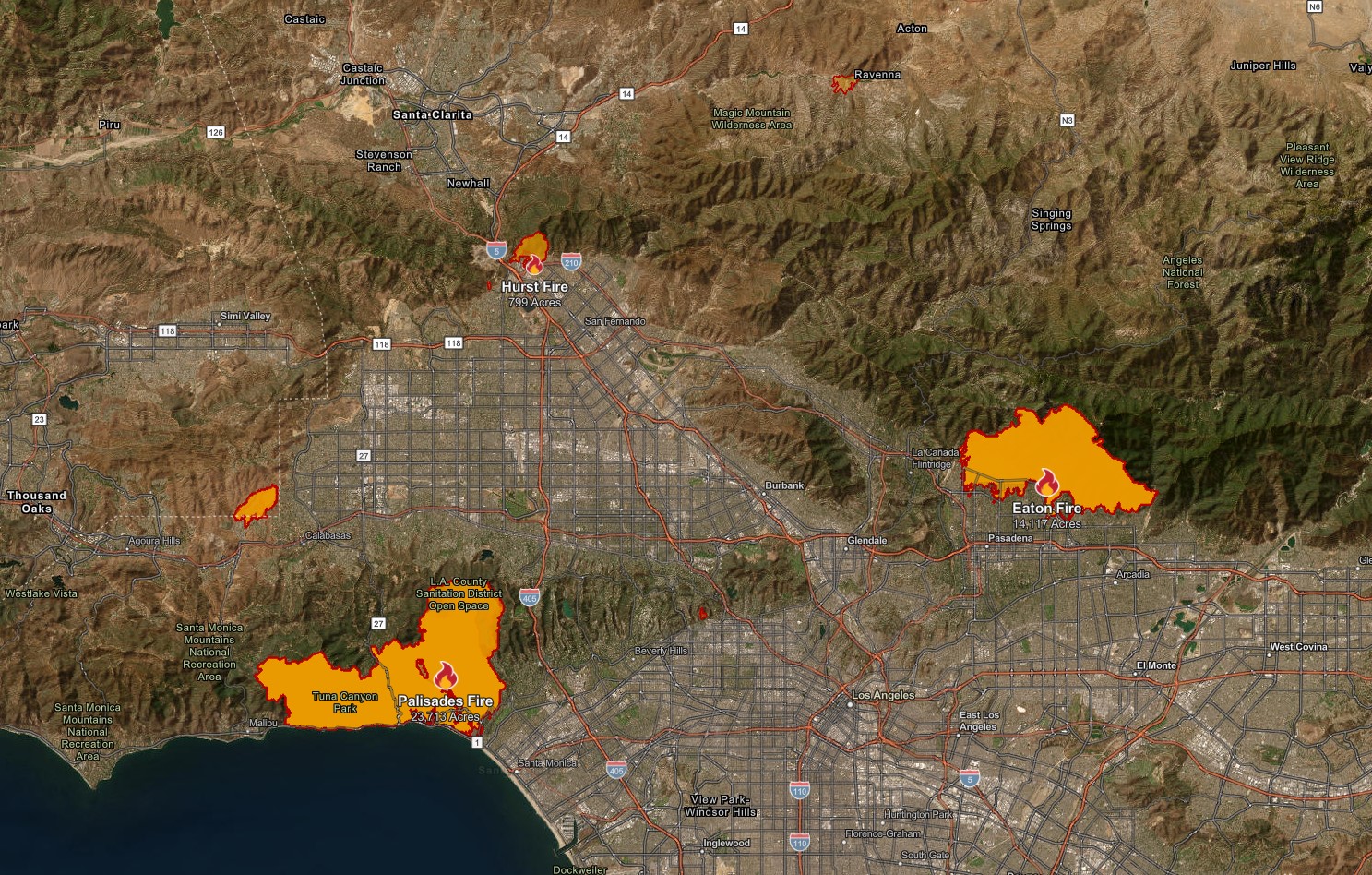
Twenty years ago, Japan’s electoral reform redistributed power, giving urban constituencies a greater voice. One result: Japan eliminated its version of the Highway Trust Fund, which urban voters saw as satisfying the interests of the construction lobby, not their own.
If city-dwellers had a greater voice in the United States, would the same thing happen?
The Highway Trust Fund has more problems than just its 1950s-era name. Funded by the federal gas tax, the trust fund is becoming obsolete over time, as efficiency gains and declining miles-traveled sap its size. The Eno Center for Transportation says it’s time to rethink the entire system.
In a new report [PDF], Eno compares the U.S. method of funding transportation to that of five peer countries. Ours is the only one that still pretends to rely on a “user-pay” system. (Yes, pretends: The last six years of constant last-ditch infusions from the general fund, totaling $65 billion, have exposed that particular myth.)
It’s important to note that in all five of the countries examined -- Australia, Canada, Germany, Japan, and the UK -- drivers and truck companies actually pay far more for the use of the roads than they do in the United States. The idea of making people pay to use infrastructure is not the problem -- the problem is assuming that those user fees will go to nothing but infrastructure, and that infrastructure will be funded by nothing but user fees.
As the chart above demonstrates, all the countries Eno looked at charged far higher national gas tax rates than the U.S. does. This graphic from The Economist in 2011 shows that a broader cross-section of countries makes the point even more strongly:
But in the countries studied for the report, the revenues from gas taxes don’t become an exclusive fund for the transportation sector. They go into the country’s treasury.
Though Germany’s $3.43/gallon gas tax isn’t earmarked for transportation, its substantial tolling system does dedicate its revenues exclusively to roads. Meanwhile, Japan has replaced its gas tax with a carbon tax, with revenues going to the treasury. Japan spends $288 per capita on surface transportation at the national level, compared to just $165 here.
Eno acknowledges that a user-pays system "discourages over-consumption [of roads] and helps minimize externalities, such as congestion and emissions." But abolishing the Highway Trust Fund and getting rid of the user-pays system once and for all can be done without letting drivers off the hook. What it could do is restore sanity to transportation funding.
Eno argues that the Highway Trust Fund skews funding decisions by introducing petty conflicts over whether states are getting back what they paid in gas taxes (the donor-donee drama) and by exacerbating divisions between modes, since projects must fall under either the Highway Trust Fund’s “highway” account or its “transit” account. “These challenges have historically overshadowed substantive arguments over policy and hindered the tying of federal funds to national goals or performance measures,” according to the report.
While efforts to bring revenues in line with planned or desired expenditures have largely focused on raising the gas tax -- Rep. Earl Blumenauer (D-OR) and retiring Rep. Tom Petri (R-WI) just yesterday made a push to raise it by 15 cents a gallon -- Eno calls for funding transportation through general funds.
This is something transit and active transportation advocates have long feared, since general-funded programs are subject every year to the whims of the appropriations committees, which are forever under pressure to cut budgets. The last few rounds of fiscal cliffs and sequesters largely spared transportation because it's protected in the trust fund. Eno suggests that there could still be dedicated pots of money for transportation -- they just wouldn’t necessarily come from transportation-related sources.
Instead of constantly taking the Highway Trust Fund to the brink of collapse, assuming that some future cohort will have the courage to raise revenues, Congress could do away with the Highway Trust Fund, let gas taxes flow into the treasury, and fund transportation at whatever level it deems appropriate. The pressure to raise revenues government-wide would still exist, but the paralysis over raising gas taxes would likely ease.
In other countries, general funding of transportation programs seems to have led to -- or at least, developed alongside -- better mechanisms for prioritizing projects that meet national goals. Australia keeps a National Priority List of important projects to fund. The New Building Canada Fund is a 10-year, $13 billion program that distributes funding to provinces for projects of regional and national importance. Germany has a Federal Transport Infrastructure Plan that helps guide funding toward projects of national significance. The UK has a mode-neutral, discretionary program for “Major Schemes” of national significance, and those “schemes” must be proven to have a high return on investment.
The common thread here is that these countries, through general-funded transportation programs, have been able to place a far greater priority on projects of national significance -- and projects with a sound financial rationale -- than the United States. We might be able to achieve that too -- while at the same time breaking out of tired debates over how to solve our transportation funding crisis.




